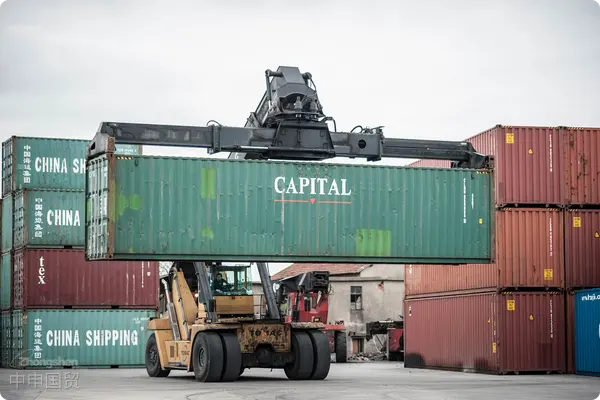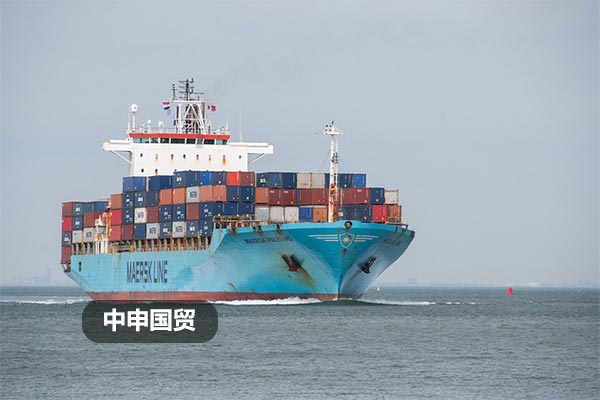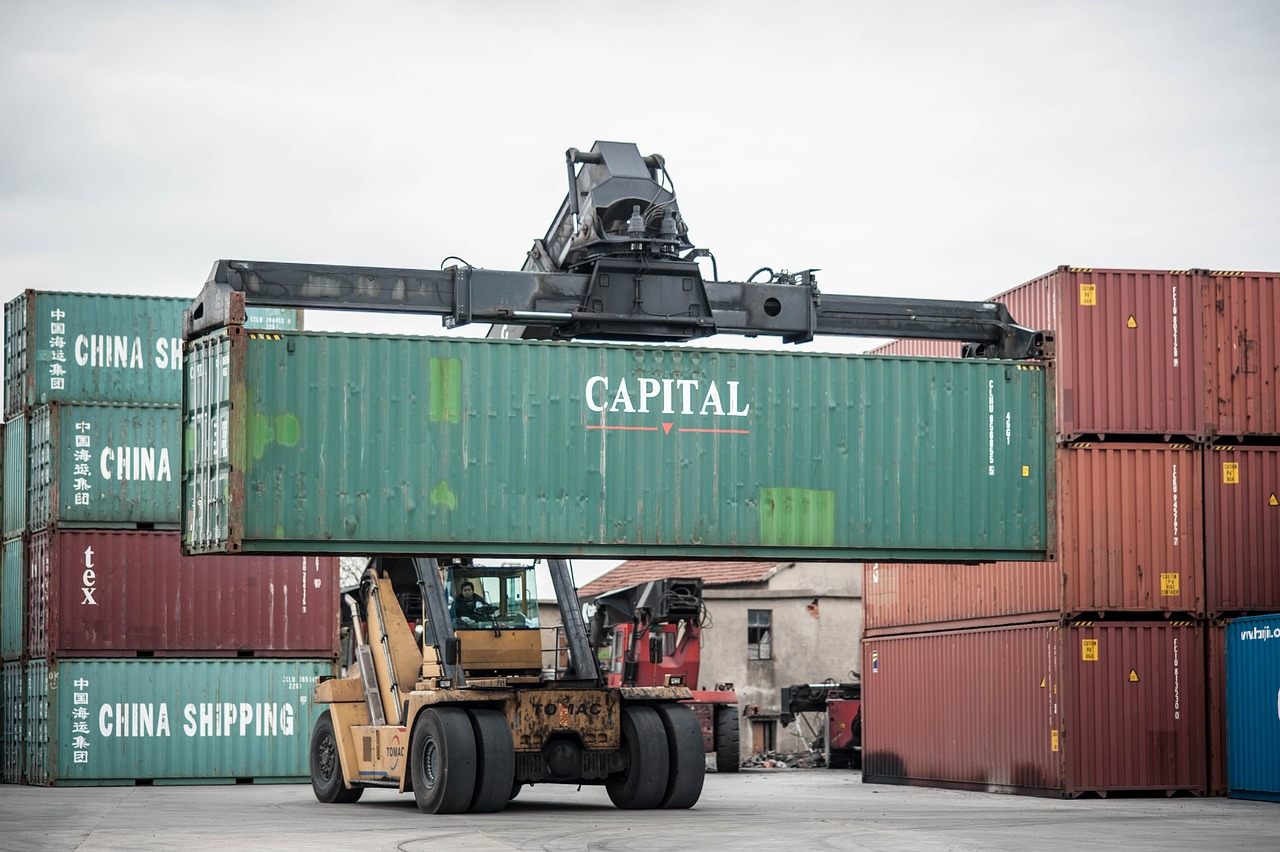- Shanghai Zhongshen International Trade Co., Ltd. - Two decades of trade agency expertise.
- Service Hotline: 139 1787 2118

On the grand stage of international trade, entrusted agencyExport Drawbackis a focus for many enterprises. Clear entrusted agency export tax rebate standards are key to ensuring enterprises smoothly obtain rebates, safeguarding legal rights, and standardizing export tax rebate operations. This article will detail various aspects of entrusted agency export tax rebate standards, including their covered elements, followed principles, and their significant importance to enterprises.
I. Elements of Entrusted Agency Export Tax Rebate Standards
Subject Qualification Standards
– For the entrusting party, it must be an enterprise or other entity with export operation rights. This means that the enterprise must legally obtain the corresponding business qualifications, such asforeign tradeapproval procedures from the commerce department. If the entrusting party lacks legal export operation rights, the entire entrusted agency export tax rebate operation will not meet the standards and cannot proceed normally with the rebate process.
– The agent must also meet specific qualification requirements. Generally, the agency enterprise should possess foreign trade agency qualifications registered and filed with customs, tax authorities, and other relevant departments. They need to be familiar with export business processes, customs declaration and inspection regulations, as well as tax refund policies, to ensure they can handle export tax refund matters for the principal in accordance with standards.
Goods-Related Standards
– The goods must be genuinely exported. This requires complete logistics and transportation records, from the shipment's origin to the export port, and then to the final destination, with corresponding documentation for each stage. For example, the transport documents such as the bill of lading and waybill must match the information on the customs declaration to confirm that the goods have indeed left the country.
– The tax refund rate for goods is also a crucial part of the standards for entrusted agency export tax refunds. Different types of goods have different refund rates, which are determined based on factors such as national industrial policies and trade policies. The agent must accurately determine the category of the goods to ascertain the corresponding refund rate. Additionally, the production, procurement, and other processes of the goods must comply with relevant tax and trade regulations, such as the legality of raw material sources and adherence to environmental requirements in the production process, to ensure eligibility for the corresponding tax refund benefits.
II. Principles Followed by Entrusted Agency Export Tax Rebate Standards
Principle of Legality
– The entire process of entrusting an agent to handle export tax rebates must strictly comply with national laws and regulations. This includes customs supervision rules and the tax rebate policies of tax authorities. Neither the entrusting party nor the agent is allowed to obtain tax rebates through illegal means such as fictitious transactions or forged documents. For example, documents required for tax rebates, such as customs declarations and special VAT invoices, must be authentic, lawful, and valid. Any act of tampering with or forging documents constitutes a serious violation of the principle of legality and will be subject to severe penalties.
Principle of Authenticity
– In addition to the actual export of goods, financial aspects must also reflect authenticity. The financial data involved in entrusted agency export tax rebates, such as sales revenue and cost accounting, must truthfully reflect the transaction situation. When assisting the principal in handling tax rebates, the agent must ensure the authenticity of financial statements. For example, the price of exported goods should be reasonable and must not be artificially inflated or deflated to manipulate the tax rebate amount. At the same time, expenses related to export operations must also have a reasonable basis to ensure the accuracy and compliance of tax rebate calculations.
Principle of Compliance
- Compliance covers all aspects from business processes to document management. In terms of business processes, both the principal and the agent must sign an export agency agreement in accordance with the prescribed procedures, clearly defining the rights and obligations of both parties. The agreement should include clauses related to tax refunds, such as the allocation of refund amounts and the assumption of refund risks. Regarding document management, it is essential to ensure that all documents used for tax refunds are filled out, stored, and submitted in the prescribed format. For example, special VAT invoices must comply with the invoicing standards set by the tax authorities, and customs declarations must be accurately reported as required by customs. Additionally, these documents must be properly retained for a specified period to facilitate inspections by the tax authorities.
III. The Significant Importance of Entrusted Agency Export Tax Rebate Standards for Enterprises
Safeguarding Enterprise Rights
– Clear standards for entrusted export tax rebate services provide enterprises with a basis to safeguard their rights and interests. When both the entrusting party and the agent operate in accordance with these standards, the rights and interests of both parties can be effectively protected. For the entrusting party, if the agent fails to process the tax rebate according to the standards, resulting in a failed rebate or a reduced rebate amount, the entrusting party can hold the agent accountable based on these standards. Conversely, the agent can also rely on the standards to ensure that their business is conducted legally and compliantly, avoiding being implicated due to any violations by the entrusting party.
Promoting International Trade Development
- Adhering to the standards for entrusted agency export tax rebates helps promote the healthy development of international trade. In international trade, export tax rebates serve as a significant policy to encourage enterprises to export. When companies can smoothly obtain tax rebates in accordance with the standards, it enhances their competitiveness in the global market, thereby expanding the scale of exports. At the same time, the regulatory role of these standards can prevent unfair competition practices, such as fraudulent attempts to claim tax rebates, fostering a fair international trade environment.
Facilitating Tax Administration and Supervision
- A unified standard for entrusted agency export tax rebates facilitates management and supervision by tax authorities. Tax departments can review enterprises' rebate applications based on these standards, improving the efficiency and accuracy of the review process. By promptly approving applications that meet the standards and correcting or penalizing those that do not, tax authorities can better safeguard national tax revenues and ensure the effective implementation of the tax rebate policy.
Conclusion
Entrusted agency export tax rebate standards are crucial guidelines that enterprises must follow in entrusted agency export operations. They cover various elements such as entity qualifications, goods-related requirements, and principles to follow, playing a significant role in safeguarding enterprise rights, promoting international trade, and facilitating tax administration. As the international trade environment evolves and domestic tax policies adjust, entrusted agency export tax rebate standards must continuously improve. Enterprises and agencies should closely monitor policy changes to ensure their operations always comply with standard requirements.
Related Recommendations
Contact Form
? 2025. All Rights Reserved. Shanghai ICP No. 2023007705-2  PSB Record: Shanghai No.31011502009912
PSB Record: Shanghai No.31011502009912










